Alibaba.com cung cấp hiệu quả cao, mạnh mẽ rơle 24v 20a 30a. điều khiển dòng điện trong một mạch duy nhất. Các công tắc đáng tin cậy trên thiết bị có thể ngắt hoặc tiếp tục dòng điện một cách an toàn. rơle 24v 20a 30a. được sản xuất bằng cách sử dụng nguyên liệu chất lượng hàng đầu với công nghệ tiên tiến. Chúng được thiết kế để sử dụng lâu dài, đảm bảo độ bền và hiệu suất tối ưu. Chúng được bán bởi các nhà cung cấp đã được chứng nhận với giá thị trường cao với các giao dịch hợp lý.
rơle 24v 20a 30a là những yếu tố quan trọng của hệ thống điện và do đó cần được chăm sóc rất kỹ lưỡng. Các rơ le có sẵn trên Alibaba.com được tìm thấy ở trạng thái rắn và tương thích với các khả năng tải tiếp xúc khác nhau. Chúng có thể được sử dụng trong cả môi trường thương mại và khu dân cư vì nguy cơ bị sốc là cực kỳ thấp. Sản phẩm có nhiều kích cỡ để phù hợp với các số liên lạc khác nhau.
Mỗi sản phẩm được thiết kế để có hiệu suất vượt trội, đảm bảo hoạt động trơn tru. Danh mục toàn diện với thông tin chi tiết về từng sản phẩm có sẵn cho người mua hàng. Người mua có thể chọn từ rơ le tự động sang điện cũng như cài đặt công suất từ thấp đến cao. Chúng được trang bị các chứng chỉ ISO và CE, đảm bảo rằng chúng có khả năng chống va đập và chịu nhiệt. Các rơle 24v 20a 30a. có nhiều màu sắc và biểu trưng khác nhau.
Duyệt qua bộ sưu tập lớn chỉ có trên Alibaba.com với giá cả phải chăng. Những rơle 24v 20a 30a thông minh. cho phép người dùng kiểm soát dòng điện trong tất cả các phòng trong một nơi ở một cách dễ dàng. Với các nhà cung cấp trên toàn cầu, phạm vi cung cấp là vô tận.

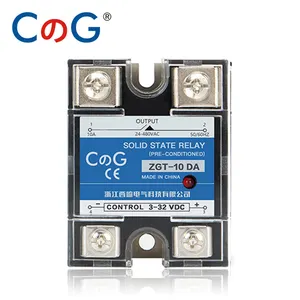

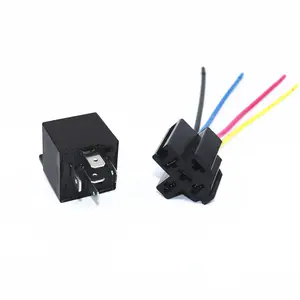







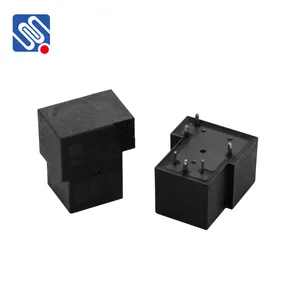



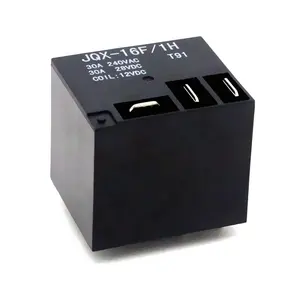
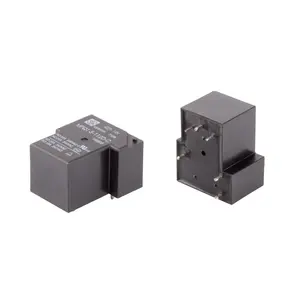







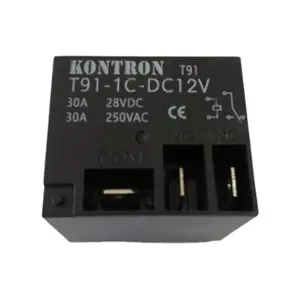

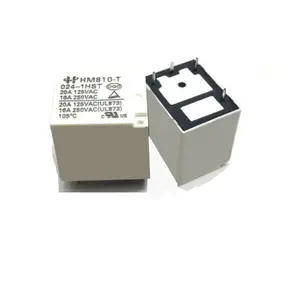



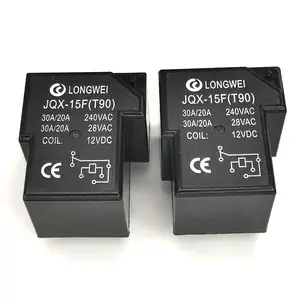


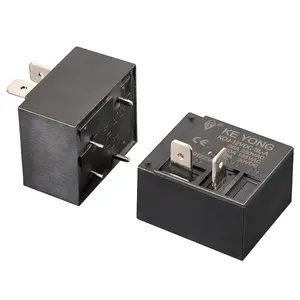

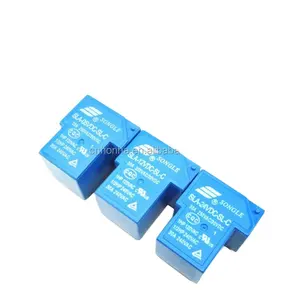

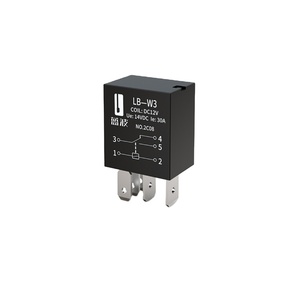

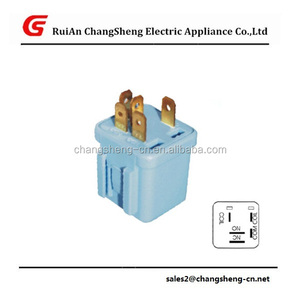






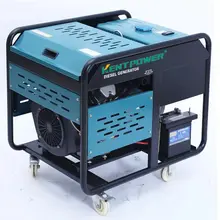


























 浙公网安备 33010002000092号
浙公网安备 33010002000092号 浙B2-20120091-4
浙B2-20120091-4